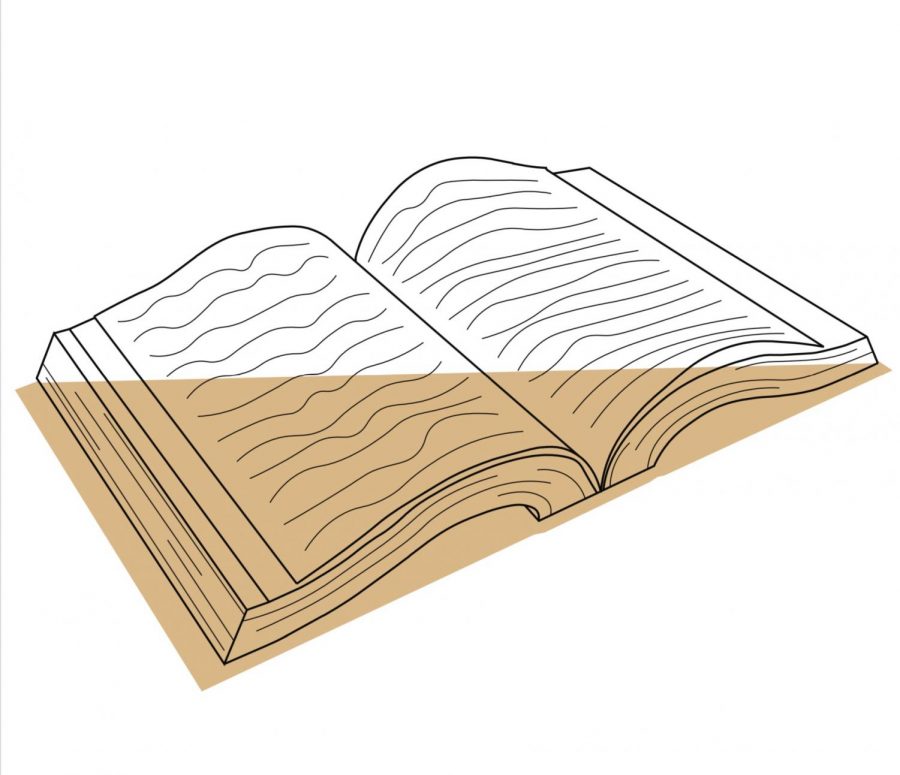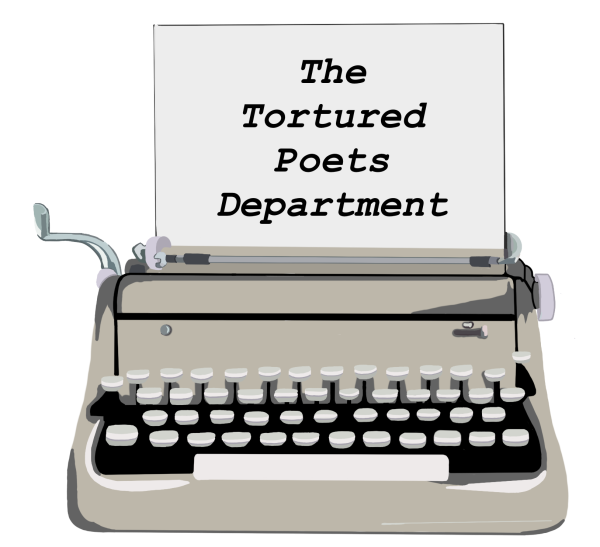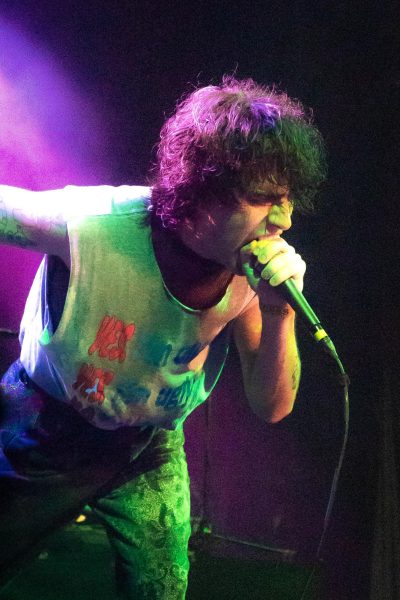Professional writers gather to discuss addiction and recovery
March 31, 2020
On March 5, UTSA’s Collegiate Recovery Center partnered with the Association of Writers and Writing Programs Conference to host the Recovery Lit Up event. At UTSA’s Downtown Campus, writers gathered to share their memoirs, books and poetry on addiction recovery.
“[Recovery Lit Up] is an off-site event for the Association of Writing Programs, and my idea is that there are dozens and dozens of people in recovery who attend that conference and who have written books and memoirs and teach in all kind of capacities, and so it’s like ground zero,” organizer Perry Gaidurgis said. “They’re here, all the best writers, and so why not make that available to the community and to the local collegiate recovery center.”
Gaidurgis, a former therapist, has been writing for decades and in recovery for 42 years.
Wanting to educate the public about addiction in a way that’s “inspirational and relatable,” Gaidurgis says he was driven to start the event by “the idea that it’s hard to hate up-close, that we need to humanize people’s stories, that it’s not ‘us and them.’”
The program manager for UTSA’s recovery center Mike Vela coordinated the event with Gaidurgis.
“This event is a chance to really highlight recovery,” Vela said. “Recovery brings hope to the hopeless, and I think it’s just so important to end the stigma, to bring in people that are proud to say ‘I’m in recovery,’ and getting people to understand that there is no shame in recovery.”
Among the presenting writers was UTSA senior Leo Castillo-Anguiano, who reached out to the school’s recovery center last fall. He presented a moving piece he wrote in the hours after his first Alcoholics Anonymous meeting.
“Every time I write, I just have a more clear thought of what I’m trying to say, and it’s impacted me more positively in my writing, and when I read my pieces, I can read it and not think about how shitty I felt,” said Castillo-Anguiano.
Dr. Kerry Neville, coordinator of the master of fine arts and undergraduate creative writing programs and assistant professor of English at Georgia College & State University, echoed the sentiment of wanting to spread awareness.
“Especially when you’re going into a community for a traveling business event, most people just, you know, they might go to the bars; they might go downtown, and this is a way for those of us who are in recovery to give back,” Neville said.
Gaidurgis organized the event with the knowledge that “there are more family members affected in communities by addiction than actual individuals … Families are the first ones hurt and the last ones helped.” Driving that sentiment home, Carla Rachel Sameth, a teacher, writer, mother and recovery activist, read a piece of her memoir about her journey with her son’s recovery.
One of the most impactful readings of the night came from 2014-2016 Los Angeles Poet Laureate Luis J. Rodriguez.
After a childhood fraught with violence, drugs and crime, Rodriguez described how a mentor came into his life and that he was “scared straight, and has since worked in the prison systems teaching writing classes for 40 years.” He shared a poem written by one of his students as well as excerpts from a few of the 16 books he’s written.
“To me, it’s always good to talk about all these issues, to talk about what’s going on: the people who are in recovery, needing recovery, but also the guys who are behind bars or getting out of prisons,” said Rodriguez. “To me, it’s the American story that nobody wants to talk about, and we need to get into it and its complexity, and not with the narrow viewpoints that people have. That’s really my goal: to talk about these things.”












John Winslow • Apr 1, 2020 at 4:15 pm
Great article about efforts to reduce the shame and stigma surrounding addiction and bringing to light the fact that people can and do recovery. Kudos to Perry Gaudergis and the many folks that organized and participated in this special event!